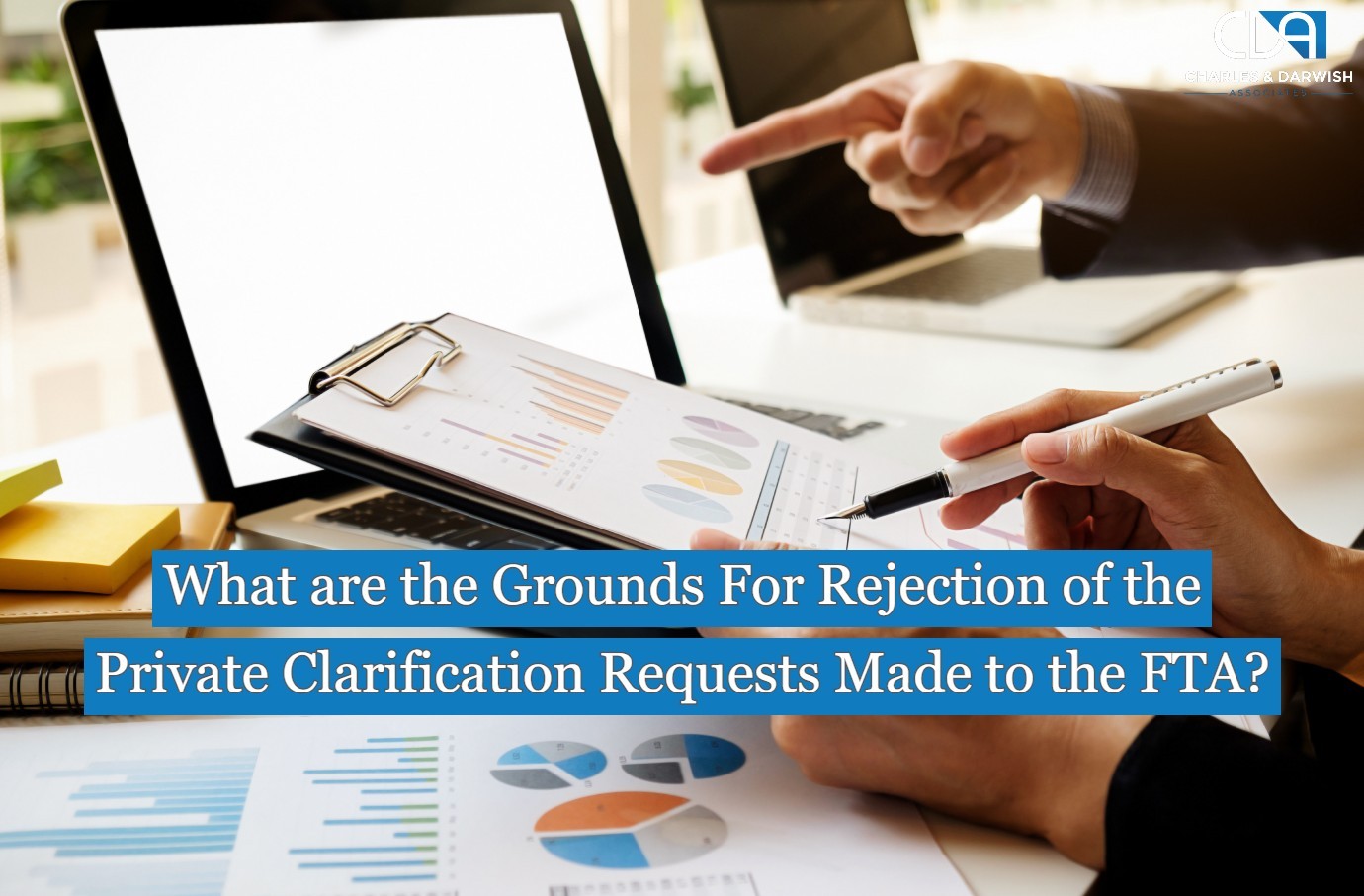Will Transfer Pricing Rules Apply to Both Domestic and Cross-border Transactions under UAE CT?
The new corporate tax regime introduced in the UAE in 2023 is a game changer for businesses operating within the country. Not only does it outline the rate of interest (9%) that companies are required to pay when their income exceeds a certain threshold (AED 375,000) but it also has introduced transfer pricing - a system aimed at fostering fair pricing between businesses. Yet the question that often plagues the business owners is - are these transfer pricing rules set just for international transactions, or do they extend their reach within the UAE's borders as well?
The answer is - that within the UAE's corporate tax framework, transfer pricing applies with equal weight to both domestic and cross-border transactions between related parties. In this blog, we will delve into the implementation of this regulation, thereby ensuring that your business operations align with the tax regulations of the UAE.
Understanding Transfer Pricing Rules
Transfer pricing rules seek to ensure that transactions between Related Parties are carried out on an arm’s length basis as if the transaction was carried out between independent parties.
For Instance: Dubai-based Company A sells its signature chocolates to its sister company, Company B, also in Dubai, at a price significantly below market value. This seemingly internal transaction raises tax concerns. By underpricing the chocolates, Company A reduces its taxable income in the UAE.
The UAE transfer pricing rules act as a safeguard against such practices, preventing all attempts to manipulate taxable income and ensuring a fair tax environment for all businesses, regardless of their geographical positioning.
Application of the Transfer Pricing Rules
The application of transfer pricing regulations extends to enterprises in the UAE involved in transactions with Related Parties and Connected Persons, regardless of their location within the UAE mainland, Free Zones, or foreign jurisdictions. The objective is to maintain consistency and fairness in pricing agreements while promoting transparency in commercial transactions.
Related Parties
The UAE Corporate Tax law defines "related parties'' broadly. It encompasses entities under common control, such as through Kinship (parent and sister companies), ownership, or control, irrespective of their residency status in the UAE.
- Kinship includes situations where individuals are connected through blood or legal ties, including parents, spouses, children, and extended family members, as well as through adoption or legal guardianship.
- Ownership denotes scenarios where one or more related parties of the natural person hold shares in a legal entity, and where the individual, either alone or collectively with related parties, holds a direct or indirect ownership interest of 50% or more in the said entity.
- Control refers to influence over one person by another person, stemming from the possession of 50% or more of the voting rights or having the ability to receive 50% or more of the profits of another individual or entity.
For Instance: Company R, a resident in the UAE, has licensed a machine to Company S, situated in nation X, which allows it to operate and run its day-to-day business activities in country X. Both companies have signed a royalty agreement, which entitles Company R to 50% of profits generated by Company S from the use of the machine in-country X. This makes Company R and S related parties by way of “control” as a Person is entitled to 50% or more profits of another Person.
Connected Persons
Distinguished from Related Parties, Connected Persons can be entities with a close relationship that could influence pricing decisions. This includes individuals with significant influence over a company's management or operations or entities controlled by the same individuals such as business owners, directors, officers, etc.
The concept of Connected Persons broadens the reach of transfer pricing regulations, ensuring that any payments or advantages extended by a taxable entity to its “Connected Persons” will be deductible only if the enterprise can demonstrate that such disbursements align with the "Arm's Length Principle" and that such expense corresponds with the “Market Value”.
The Key Takeaway
The Federal Tax Authority in the UAE offers a Transfer Pricing Guide, a roadmap to understanding the transfer pricing regulations and ensuring compliance. It provides practical guidance on identifying related parties and connected persons, pricing intra-group transactions, effective application of the arm’s length principle, etc. Businesses whether engaging in domestic or cross-border transactions should understand and comply with these transfer pricing rules to avoid tax disputes and foster a transparent business environment.
How Can CDA Assist You?
CDA, being one of the leading accounting and auditing firms in UAE, can assist you in getting all your tax complexities simplified. Corporate tax has been recently implemented by the government, which might be intimidating for firms in the UAE, but CDA’s tax experts can assist you in resolving all tax-related issues. Our experts can help you get registered under the CT regime if you are eligible as per the regulations, and along with that, we can help you sort your corporate taxes effortlessly.

Mark Thompson
Full-stack Developer, Blogger, and Tech Enthusiast.
Mark specializes in digital marketing, SEO, and content strategy.













